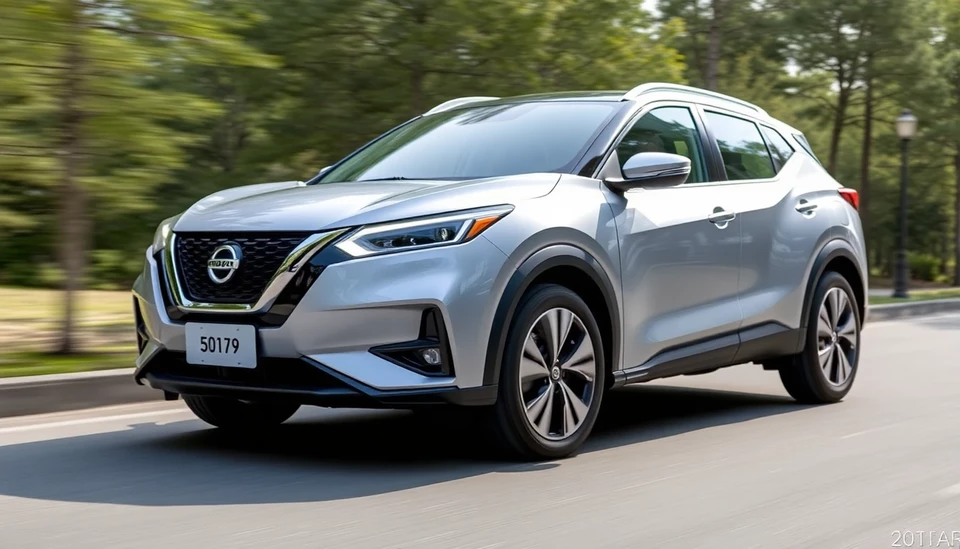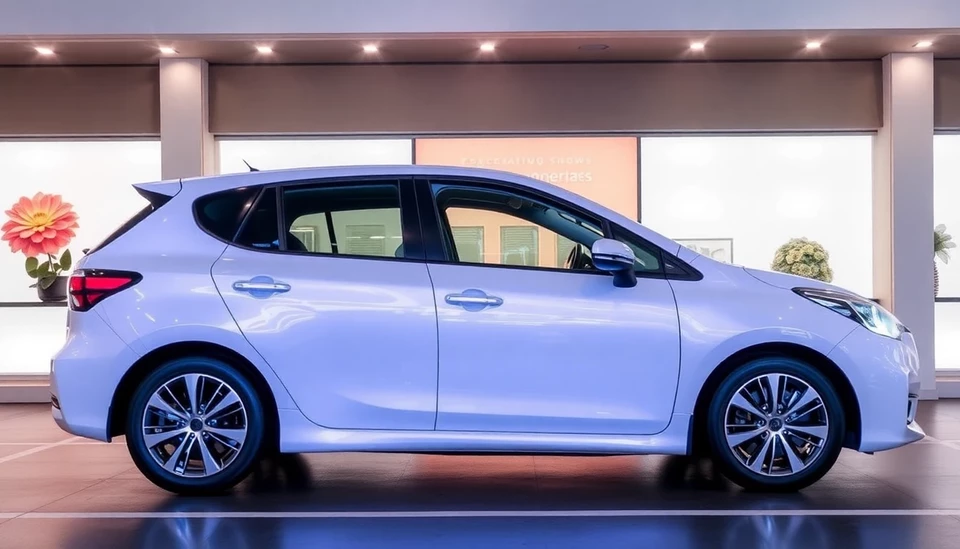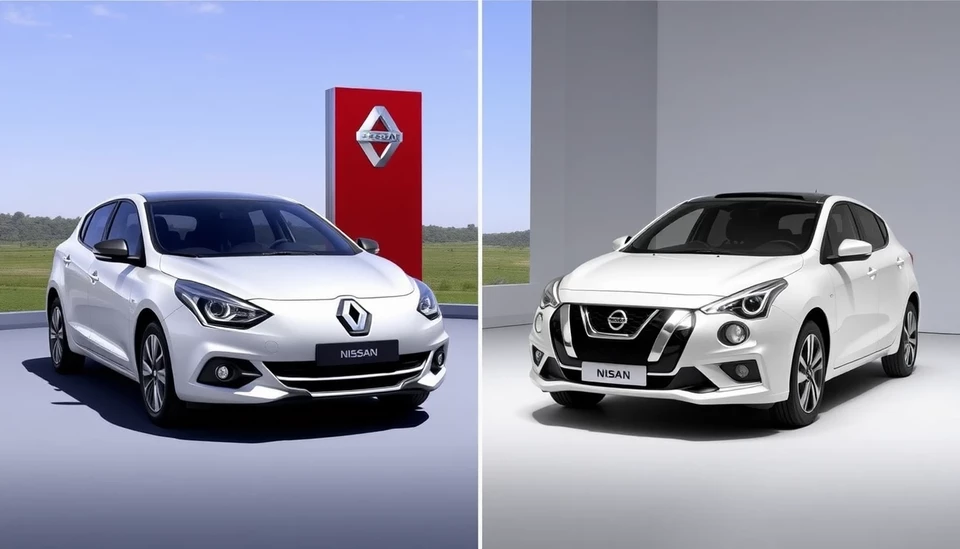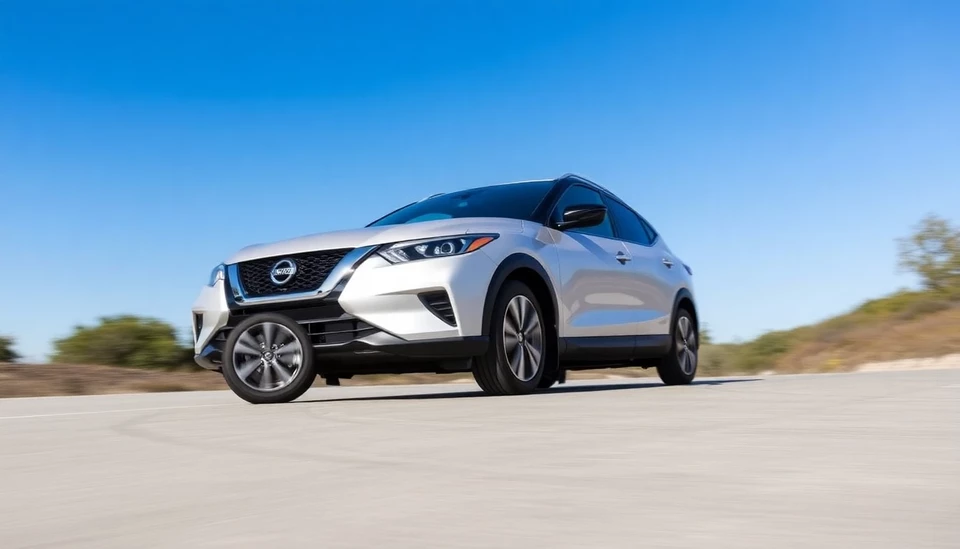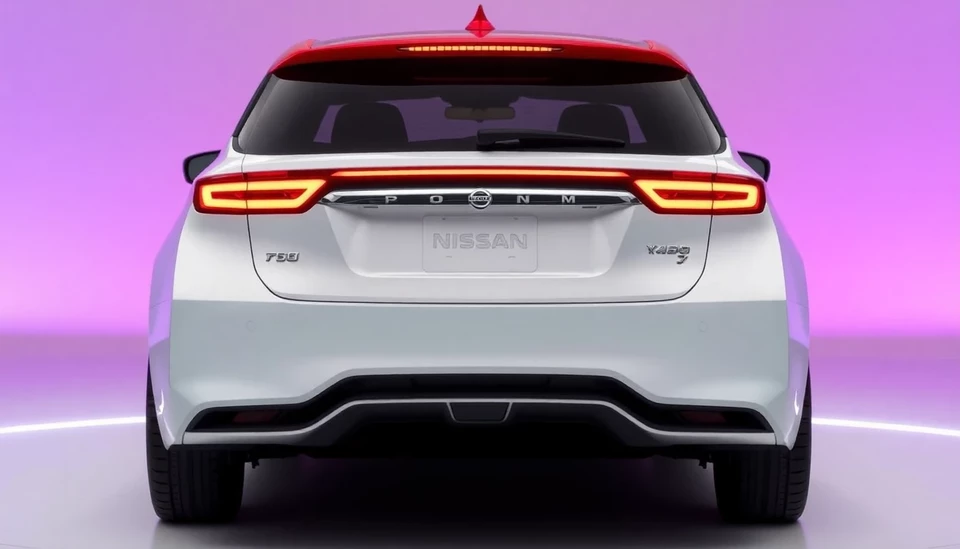
In an exciting development for the automotive industry, Nissan has announced a strategic partnership with a leading technology firm aimed at revolutionizing vehicle development processes. This collaboration seeks not only to enhance the traditional methods of car manufacturing but also to deliver innovative solutions that align with future mobility trends.
The partnership comes at a time when the automotive sector is facing unprecedented changes. With the rise of electric vehicles (EVs), autonomous driving technologies, and a growing emphasis on sustainability, traditional automakers like Nissan are compelled to rethink their approach to vehicle development. By teaming up with this technology partner, Nissan aims to integrate cutting-edge digital tools and artificial intelligence into their workflows, allowing for more efficient and flexible vehicle production.
Executives from both companies expressed optimism about the collaboration, emphasizing their shared vision for the future of mobility. Nissan's COO highlighted that this partnership will not only streamline the design and manufacturing process but also open new avenues for innovation. By harnessing advanced technologies, they hope to accelerate product development cycles, ultimately leading to shorter time-to-market for new vehicles.
This initiative reflects a broader trend within the automotive industry toward collaborative ecosystems, where automakers partner with tech companies to stay competitive in an evolving marketplace. The alliance aims to enhance Nissan's capabilities in utilizing data analytics and machine learning to refine production processes and improve vehicle performance.
Industry analysts have noted that this partnership is a significant move for Nissan, which has been working to regain its position in the global automotive market. The company has faced challenges in recent years, including fluctuating sales and increased competition from both established players and new entrants in the EV space. By focusing on innovation through collaboration, Nissan hopes to transform its operations and better meet consumer demands.
As the automotive industry continues to evolve, consumer preferences are shifting toward more sustainable and high-tech vehicles. With this partnership, Nissan is positioning itself to not only keep pace with these changes but to lead in delivering products that resonate with modern drivers.
In conclusion, Nissan's new partnership marks a pivotal moment in the company's journey toward redefining its production strategy. By leveraging technological advancements, the automaker seeks to overcome current industry challenges and pioneer innovative solutions for the next generation of vehicles.
#Nissan #AutomotiveInnovation #Partnership #ElectricVehicles #FutureMobility #CarManufacturing #Technology #Sustainability
Author: John Harris
